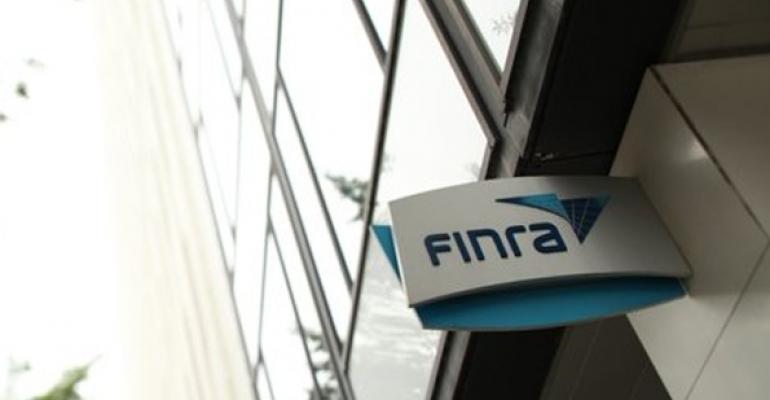The Financial Industry Regulatory Authority expelled Salt Lake City–based broker/dealer Alpine Securities, which has a long history of regulatory issues, from the industry, and ordered the firm to pay more than $2.3 million in restitution for customers, claiming the firm misused funds, conducted unauthorized trades and charged clients unfair and unreasonable fees.
After a 19-day hearing, the FINRA extended hearing panel also issued a cease-and-desist order against the b/d, banning it from “converting or misusing customer funds or securities.”
FINRA first levied the charges against Alpine in August 2019, accusing the firm of mishandling clients’ funds amid growing financial difficulties. Several years ago, Alpine was one of the largest clearing firms in the nation, according to the regulator, but argued that an increase in clearing-related expenses, as well as compliance and legal costs, resulted in its profits cratering during 2018.
In response, Alpine argued that it told customers it would no longer carry retail accounts and would institute new fees, including a $5,000 monthly account fee on those customers who did not close their accounts. According to FINRA, its investigation into the matter began after some customers complained about this monthly fee.
Alpine Securities argued the changes were necessary because more regulatory scrutiny on microcap securities had forced its hand and necessitated higher fees, but FINRA argued the charges were “excessive and imposed in a discriminatory manner.”
Alpine offered little notice to clients before instituting the additional fees, and because of the firm’s back-office system, staffing difficulties, and poor telephone system, customers had difficulty reaching Alpine to question the changes, according to the panel’s findings.
Alpine Securities did not return a request for comment as of press time.
In addition to finding the fees excessive, FINRA argued Alpine misused client funds by seizing some of them to cover the cost of the new fees, with the panel finding that no customers authorized using securities or cash seizures to make up for the cost of the monthly fee.
“Moreover, the hearing panel found some customers paid some or all of the $5,000 fee because they were forced to do so in order to regain possession of their other holdings, but no customer authorized a removal of funds and securities to cover the unreasonable fee,” the FINRA statement read. “In most instances, the customers were not even aware of the $5,000 monthly account fee, let alone that the firm was taking their cash and securities to cover it.”
After FINRA first lodged the complaint against Alpine in 2019, the broker/dealer requested a disciplinary hearing that was held on Feb. 18, 2020, where it called several witnesses, with plans to reconvene in April. But the spread of COVID-19 in the United States the following month put an end to those plans.
FINRA intended to continue the process via Zoom hearings, but Alpine and owner John Hurry filed suit against the decision, claiming the setup violated the firm’s due process rights. But a Utah federal judge was not persuaded, dismissing the case and claiming the court lacked jurisdiction to render a decision.
This is not the first time Alpine Securities, Hurry and Scottsdale Capital Advisors, another brokerage firm managed by Hurry, have had run-ins with the regulators. In December 2020, the 2nd U.S. Circuit Court of Appeals in New York ruled against Alpine in its attempt to overturn a $12 million civil fine from the SEC imposed after the firm allegedly failed to report suspicious transactions, according to Reuters. Alpine petitioned the Supreme Court to take up its appeal, but the court refused to hear it and upheld the 2nd Circuit’s ruling.
But Hurry’s enjoyed some success in his clashes with regulators. In 2017, FINRA fined Scottsdale Capital Advisors $1.5 million for the unregistered sale of microcap securities, with the regulator also barring Hurry from the industry. But Hurry appealed the decision, and the SEC eventually reversed FINRA’s sanctions and his ban in September 2021. The SEC argued that FINRA had applied “incorrect legal standards, failed to adequately explain the basis of its conclusions, and conflated applicable regulations,” according to an analysis of the ruling by the law firm Shearman & Sterling.
If the hearing panel’s decision in the expulsion of Alpine Securities isn’t appealed, the order will become final within 45 days, according to FINRA’s statement on the decision.





